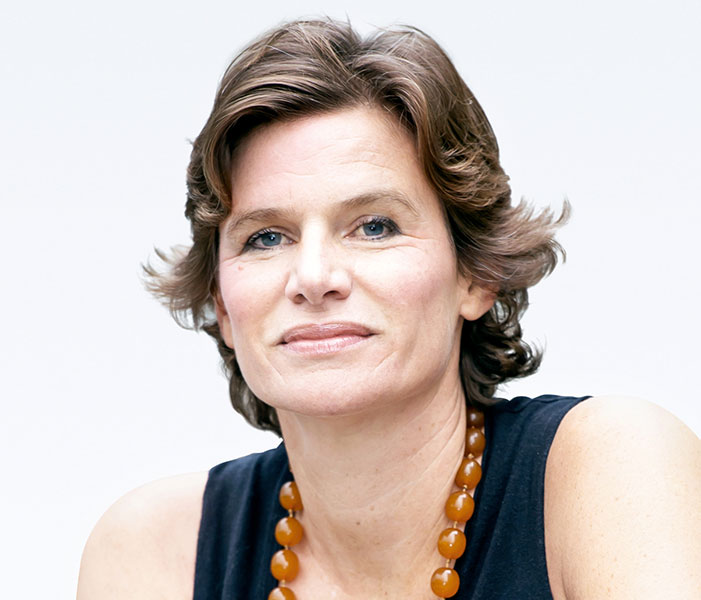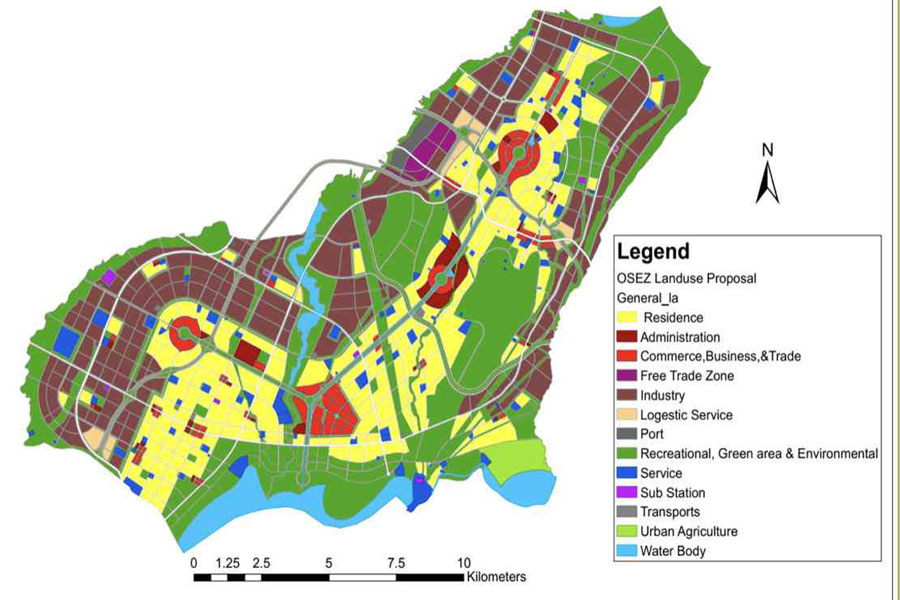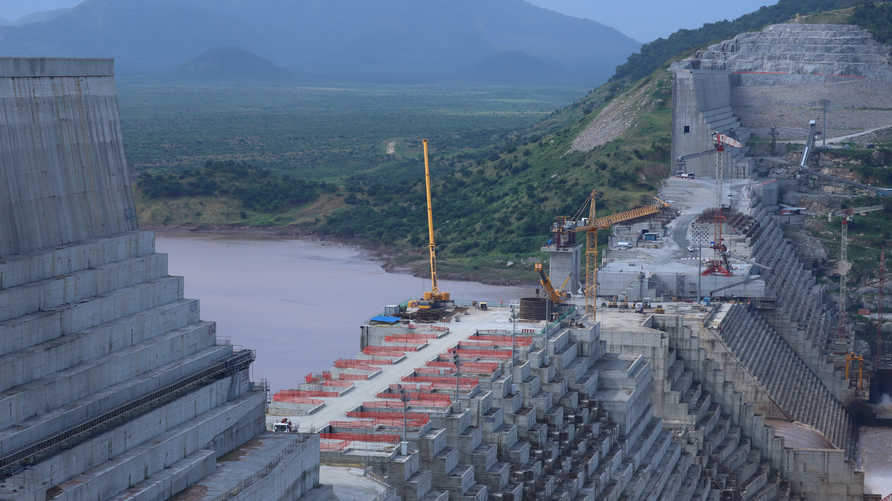
Commentaries | Aug 18,2024
Mar 23 , 2019
By Eden Sahle
Almost every conflict has come to be framed in terms of identity issues lately. It is not something to take lightly, but neither is it the be-all, end-all matter that once addressed can alleviate the quagmire we have been in since the modern formation of this state.
Socrates famously said to know oneself is the beginning of wisdom. It is this that the nation needs to do at a time when violence, intolerance and misunderstanding have come to define the state. It is society's understanding of itself that needs to be reassessed before we can ever begin to address our main problems.
Are all the problems in the country a consequence of the fact that people follow different religions and cultures and speak different languages? If that is the case, why are we not seeing a similar conflagration - at least to such a scale - in the heterogeneous countries of the developed world?
Amid political, social and institutional crises that have resulted in the loss of human lives, it will be adding fuel to the fire to misunderstand where it is we have been mucking up as a nation all along.
There will be no shortcuts to the institutionalisation of power. Much more crucial is economic inclusion and growth, without which, as failed democracies have shown us, no amount of political freedom will matter in the end. Of course, political inclusion will serve as an essential stepping stone, since institutions play a great role in determining where resources should go, but that is not a cure-all.
The transition we are demanding on the political front, just as crucially, needs to also occur on the economic front. Economic recovery needs to start now without making excuses for past administration pitfalls. These are essential to maintaining political and social stability. Economic reconstruction happens when we have functioning institutions and policies to create an environment conducive to ensuring sustainable development. Such moves also would help reactivate the private sector to support economic growth.
Political stability in Ethiopia will have little chance unless jobs are created and inflation is reduced to single digits. Unemployment often leads to dependency on drugs, crime and dangerous political ideologies, and a high standard of living leads to a populace that will look for answers provided outside of mainstream politics, which has rarely been a good thing.
Prime Minister Abiy Ahmed's (PhD) administration should not put all of its eggs in one basket by only addressing problems on the political front. It should also give due focus to encouraging productive investment, mitigating huge business risks and smoothing out bureaucratic hurdles.
Left unaddressed, economic problems will leave us with a country poor in human and social capital, widespread poverty and massive unemployment. The country will continue to relapse into violent conflicts that perpetuate themselves and give rise to new political problems.
The government has its job cut out for it, especially in ensuring the rule of law and building confidence in the institutions of the nation. It is most vital though to enhance the ability of the country to provide economic security by delivering essential social services.
Crisis recovery and poverty reduction is a process of socioeconomic transformation, not the mere improvement of past structures and trends. It is multidimensional and takes time to rectify.
The extent to which Ethiopia will head towards harmonious public co-existence will be measured in terms of progress in these areas. The ultimate aim should be to establish the conditions for self-sustaining economic growth and human development. Anyone that tells us to look in a different direction is either severely misguided or has a political agenda.
Governmental and social solutions must begin with robust understanding and determination to develop new economic activities. Peace is likely to be more sustainable if it is grounded in the full understanding of social dynamics and institutional processes, and if it nurtures local capacities and initiatives. This will be hard to achieve without having met people’s basic needs and ensured their material wellbeing.
We need to arrive at a new political economy that mixes far-reaching economic, institutional, legal and policy reforms to re-establish the foundations for self-sustaining development.
Establishing strong institutions is more urgent than rebuilding physical infrastructure, since their effective functioning is critical for public confidence and the stability of the country. Without effectively functioning state institutions, any effort to restart and sustain formal economic activity is likely to fail.
PUBLISHED ON
Mar 23,2019 [ VOL
19 , NO
986]

Commentaries | Aug 18,2024

Exclusive Interviews | Oct 30,2022

Radar | Apr 30,2022

Fortune News | Feb 02,2019

My Opinion | Feb 27,2021

Viewpoints | Oct 07,2023

Fortune News | Dec 24,2022

Life Matters | Mar 16,2024

Fortune News | Feb 29,2020

Fortune News | Nov 29,2020

Photo Gallery | 175128 Views | May 06,2019

Photo Gallery | 165354 Views | Apr 26,2019

Photo Gallery | 155645 Views | Oct 06,2021

My Opinion | 136774 Views | Aug 14,2021

Dec 22 , 2024 . By TIZITA SHEWAFERAW
Charged with transforming colossal state-owned enterprises into modern and competitiv...

Aug 18 , 2024 . By AKSAH ITALO
Although predictable Yonas Zerihun's job in the ride-hailing service is not immune to...

Jul 28 , 2024 . By TIZITA SHEWAFERAW
Unhabitual, perhaps too many, Samuel Gebreyohannes, 38, used to occasionally enjoy a couple of beers at breakfast. However, he recently swit...

Jul 13 , 2024 . By AKSAH ITALO
Investors who rely on tractors, trucks, and field vehicles for commuting, transporting commodities, and f...

Oct 18 , 2025
The political establishment, notably the ruling party and its top brass, has become p...

Oct 11 , 2025
Ladislas Farago, a roving Associated Press (AP) correspondent, arrived in Ethiopia in...

Oct 4 , 2025
Eyob Tekalegn (PhD) had been in the Governor's chair for only weeks when, on Septembe...

Sep 27 , 2025
Four years into an experiment with “shock therapy” in education, the national moo...

Oct 18 , 2025 . By NAHOM AYELE
In a sweeping reform that upends nearly a decade of uniform health insurance contribu...

Oct 18 , 2025 . By BEZAWIT HULUAGER
A bill that could transform the nutritional state sits in a limbo, even as the countr...

Oct 18 , 2025 . By SURAFEL MULUGETA
A long-planned directive to curb carbon emissions from fossil-fuel-powered vehicles h...

Oct 18 , 2025 . By BEZAWIT HULUAGER
Transaction advisors working with companies that hold over a quarter of a billion Bir...